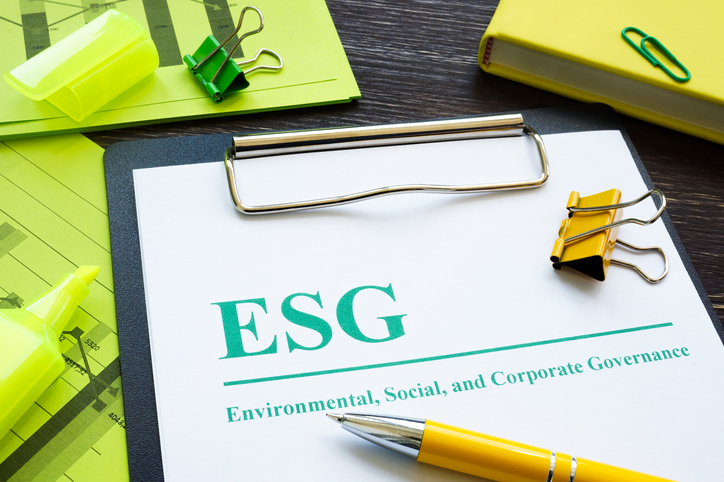By Nick Pope
The Biden administration approved its final rule for corporate climate risk disclosure on Wednesday.
The Securities and Exchange Commission (SEC) voted to approve the watered-down final rule nearly two years after promulgating a more aggressive proposal in March 2022. The final rule will mandate medium-sized and large public companies in the U.S. disclose climate change risks and data on the emissions generated directly by their operations in their financial reports, according to The Hill.
The broader initial proposal would have required many companies to disclose the emissions generated directly and indirectly by their operations, including emissions attributable to a company’s supply chains and those created by the end use of products.
“Today should be considered the darkest day in the history of the SEC. With this decision, the commission has mocked its statutory authority, extended the reach of its regulations beyond public markets where it belongs, and applied countless new costs onto the American public,” Will Hild, the executive director of Consumers’ Research, said of the final rule. “While this rule will undoubtedly be challenged and hopefully overturned, the SEC embarrassed itself today.”
The final rule mandates medium-sized and large companies to report emissions attributable to the electricity they use starting in fiscal years 2026 and 2028, respectively, according to The Hill. The regulation will also require all public corporations to disclose climate-related risks to their business, just as they are required to disclose other material risks.
The rule also requires relevant companies to report their organizational climate goals, such as plans to ditch fossil fuels, according to The Hill. The agency opted to make these requirements legally binding, meaning that corporations could face legal challenges if they misreport their emissions.
Environmental activists and proponents of Environmental, Social and Governance (ESG) corporate management and investment strategies generally supported the rule proposal, characterizing it as an important step in fighting climate change and holding corporate emitters accountable. Some green groups released Wednesday statements responding to the final rule expressing their disappointment that the SEC weakened the rule.
Opponents of the proposal contended that it lays beyond the SEC’s mandate and would impose a needlessly expensive compliance process, among other issues. Many of these opponents made clear that, though weakened, they still consider the final rule to be excessive.
“Make no mistake, these disclosure rules are designed to open companies up to a wave of trial lawyer lawsuits, each of which will demand companies toe a left-wing line on climate issues,” O.H. Skinner, the executive director of the Alliance for Consumers, said of the SEC’s decision. “The SEC’s new rule empowers activists, ideological bureaucrats, and trial lawyers to steer climate and energy policy under the guise of financial regulation while funneling money to political donations. And consumers will bear the burdens as progressive lifestyle choices are forced ever deeper into our lives.”
The SEC delayed rolling out the final rule several times, first tentatively scheduled for December 2022, because of internal debate about the proposal’s most aggressive emissions disclosure provisions. The docket for the rulemaking received more than 24,000 comments from a wide range of companies, trade groups and other stakeholders, according to The Associated Press.
The SEC and the White House did not respond immediately to requests for comment.
Nick Pope is a contributor to The Daily Caller.
